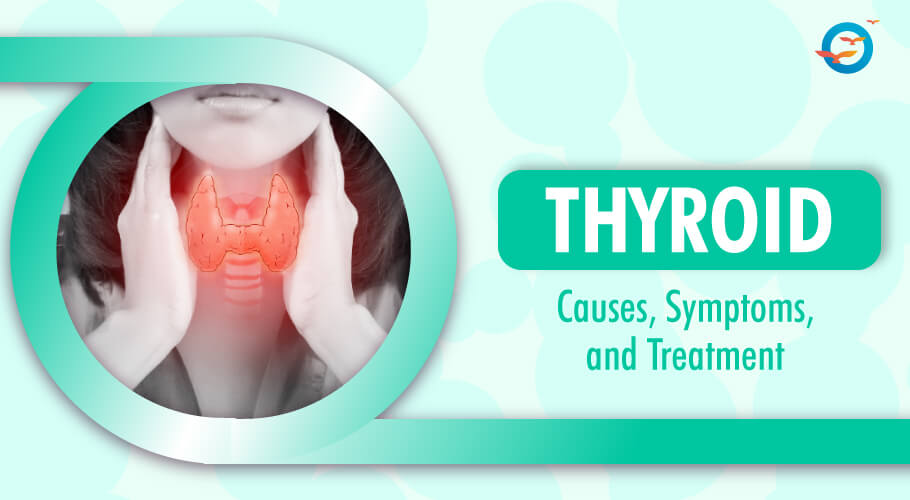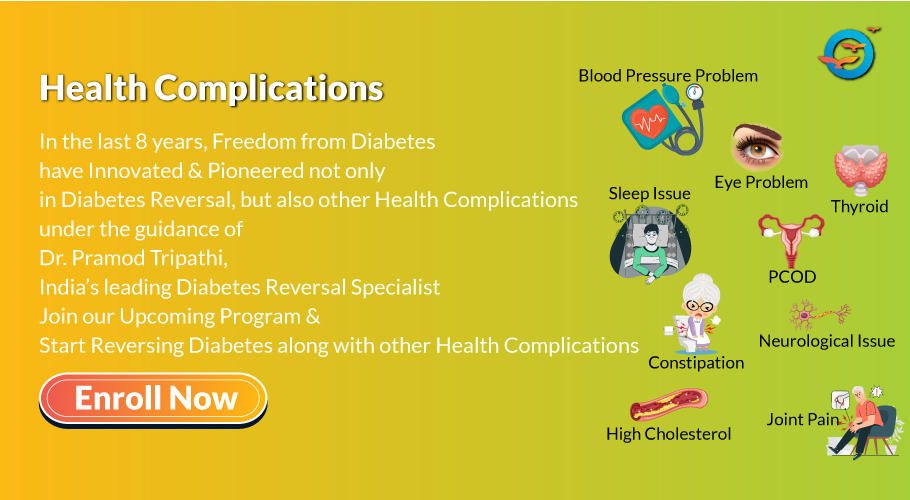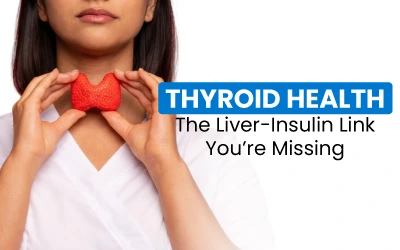Thyroid: Causes, Symptoms, and Treatment

Your Metabolism and your Thyroid
Your metabolism is literally the most vital part of you. When you take in food, metabolism is the process by which it is converted into energy that keeps your body ticking along. This process is controlled by a few all-important hormones (T4 and T3), and those hormones are created by the thyroid.
The thyroid, itself, is managed by the pituitary gland, which controls the amount of hormones the thyroid releases into the bloodstream. The percentage of hormones in the blood adjusts the amount of its own hormone—called the thyroid-stimulating hormone (TSH).
TSH tells the thyroid what needs to be done to get the body back to normal. As long as these hormones are released in the correct quantity, your metabolism will function with no hitch. But if this goes out of whack—as it sometimes does, it leads to hyper- or hypothyroidism.
The Thyroid
Wrapped around your windpipe is a small butterfly-shaped organ—described thus because it is smaller in the center and flares out into two wide wings at its ends. These wings are wrapped around the side of your throat.
Your thyroid gland makes hormones that are necessary to control many vital functions of your body.
When there is much thyroid hormone released, your metabolism speeds up, i.e. your body expends energy very quickly--this is known as hyperthyroidism. Since the body uses up energy very quickly, you will feel your heartbeat faster too.
You will also lose weight, and might feel nervous too. On the other side of this is hypothyroidism, which is when your thyroid makes too little thyroid hormone. This induces fatigue and sluggishness, you will find yourself gaining weight, and you will be less tolerant of cold temperatures.
Risk Factors
Just about anyone—male, female, children, seniors. It can be congenital, i.e. from birth; or it can develop with age. Women are generally more vulnerable, especially post-menopause. High-risk factors include:
- History of thyroid disease in the family
- Medicines that are high in iodine
- Certain medical conditions, such as type 1 diabetes, lupus, Turner syndrome, and Sjorgren’s syndrome, among others
- Radiation treatment (for cancer of maybe previous thyroid condition)
Causes—Hyperthyroidism
- Excess iodine:
Iodine is used to make thyroid hormones. If there is too much iodine in your body—you could get it through certain medicines like cough syrups--your thyroid uses it to produce more hormones than it requires, leading to hyperthyroidism
Medical conditions, such as:
- Graves’ disease:
Characterized by an enlarged thyroid gland, this condition causes the entire thyroid gland to become overactive and produce too much hormone. Nodules: Overactive nodules—single nodules or multiple—inside the thyroid can cause hyperthyroidism can be caused by nodules that are overactive within the thyroid. - Thyroiditis:
A sometimes painful condition—and sometimes not felt at all—thyroiditis occurs when the thyroid releases stored hormones.
Causes—Hypothyroidism
- Iodine deficiency:
A fairly common disorder, iodine deficiency affects several million people around the world, especially in places where the soil/food has low iodine levels. Lack of iodine means your thyroid is unable to make the needed quantity of hormones, which leads to hypothyroidism - Thyroiditis:
Inflammation of the thyroid gland and thyroiditis reduce the quantity of hormones produced by your thyroid. - Hashimoto’s thyroiditis:
This is a fairly painless, genetically inherited autoimmune condition caused by the body’s own cells attacking the thyroid. - Postpartum thyroiditis:
Mostly seen to be a temporary condition, it affects a small percentage of women after childbirth. - Non-functional thyroid gland:
This occurs when the thyroid gland doesn’t work properly from birth. Left untreated, it could lead to physical and mental problems. This is usually identified at birth through a routine blood screening test of thyroid function
Symptoms—Hyperthyroidism
- Disrupted sleep
- Anxiety, irritability, and nervousness
- Unexplained weight loss
- Goiter—a large mass on the neck.
- Enlarged thyroid gland
- Tremors, general weakness
- Irregular periods or absence of periods
- Overly sensitive to heat
- Vision problems
Symptoms—Hypothyroidism
- Fatigue
- Weight gain
- Mental fog
- Frequent, long-lasting and/or heavy periods
- Change in voice—hoarseness
- Oversensitivity to cold (temperature)
Medical Treatment
Conventional treatment can range from medicines to surgery, the more common options include:
- Antithyroid medicines
These stop your thyroid from making hormones. - Radioactive iodine
Here the thyroid cells are damaged to stop the overproduction of thyroid hormones - Beta-blockers
These medications do not affect the production of hormones themselves; they only control the symptoms - Surgery
In extreme cases, the doctor might recommend surgical removal of the thyroid. This required thyroid replacement hormones to be taken for life - Thyroid replacement
If thyroid hormone levels are chronically low, your main treatment course would be replacing the naturally produced hormone with a synthetic one
Diabetes and Thyroid Problems
People with diabetes—especially type 1 diabetes are at a higher risk of developing thyroid disease than people without diabetes.
The risk of this is lower for those with type 2 diabetes, but it is still there. The best approach is regular testing. More so for people with type 1 diabetes. Talk to your doctor about the frequency of tests needed.
Holistic Treatment
There are a few things you can do if your tests return positive, these include:
- Getting sufficient and restful sleep
- Regular exercise
- Proper diet
- Following medical prescriptions and
- Regular testing as recommended by your doctor


